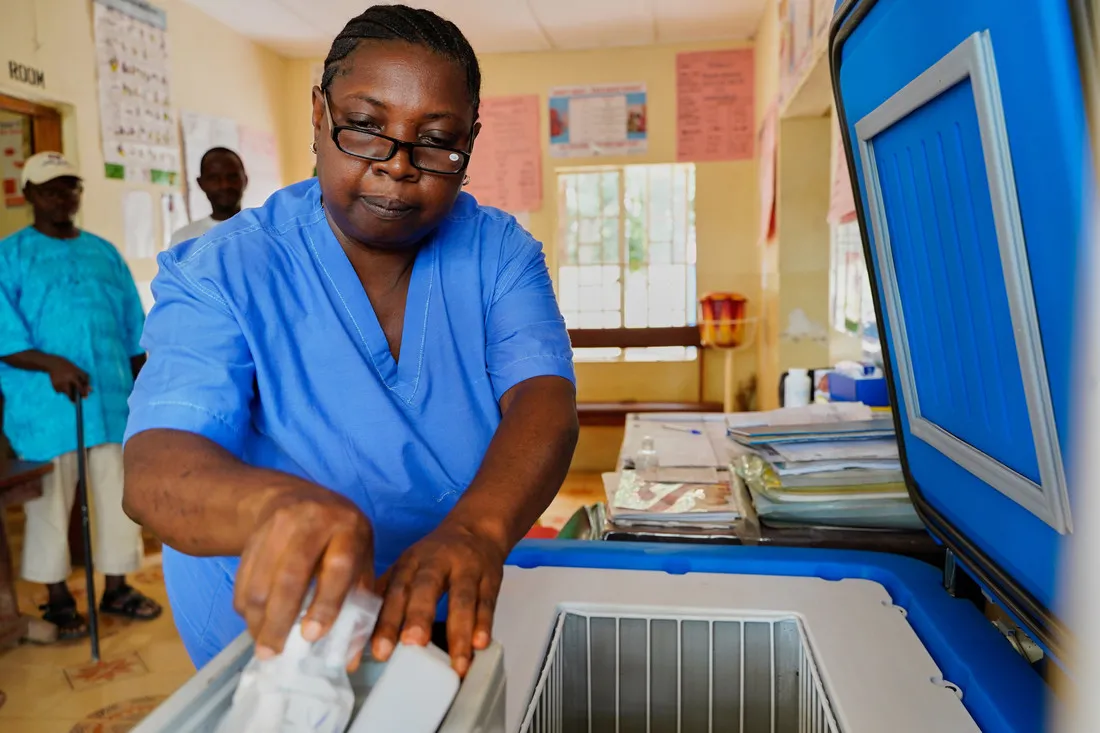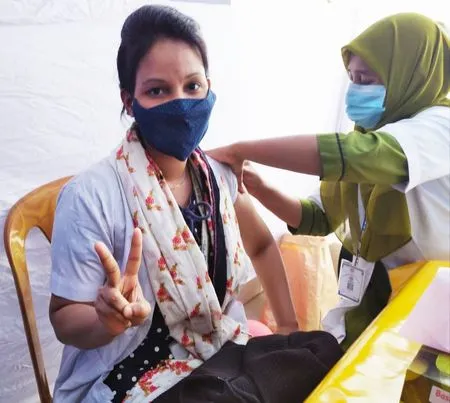It’s dizzying trying to keep up with the COVID-19 vaccination news. The numbers change dramatically every day, and they are so complex that it’s hard to know what they mean.
But, we’re got reason to celebrate. The world was able to administer 1 billion doses of the COVID-19 vaccine within 4 months of starting widespread vaccination campaigns — something we have never before accomplished. 1.16 billion doses of the COVID-19 vaccine had been administered by May 3. It took real commitment, creativity, and collective effort through groups like COVAX that have created unprecedented tools to get more than 49 million vaccines to people who need it most in countries that don’t manufacture vaccines.
Yet we’ve still got a long way to go. As with everything else in COVID-19, the global numbers mask serious inequalities. The UK has partially vaccinated at least 52% of their population, and the US has 44%. On the other hand, India is struggling under a massive COVID-19 surge, and only has 9% of their population partially vaccinated. Some countries — like South Sudan or the Democratic Republic of Congo — have vaccinated less than 0.1% of their people, even partially.
Countries are facing three major challenges right now: under investments in vaccine rollout and the healthcare workers who deliver them; people’s reluctance to get the vaccine; and difficulties getting enough vaccines.


